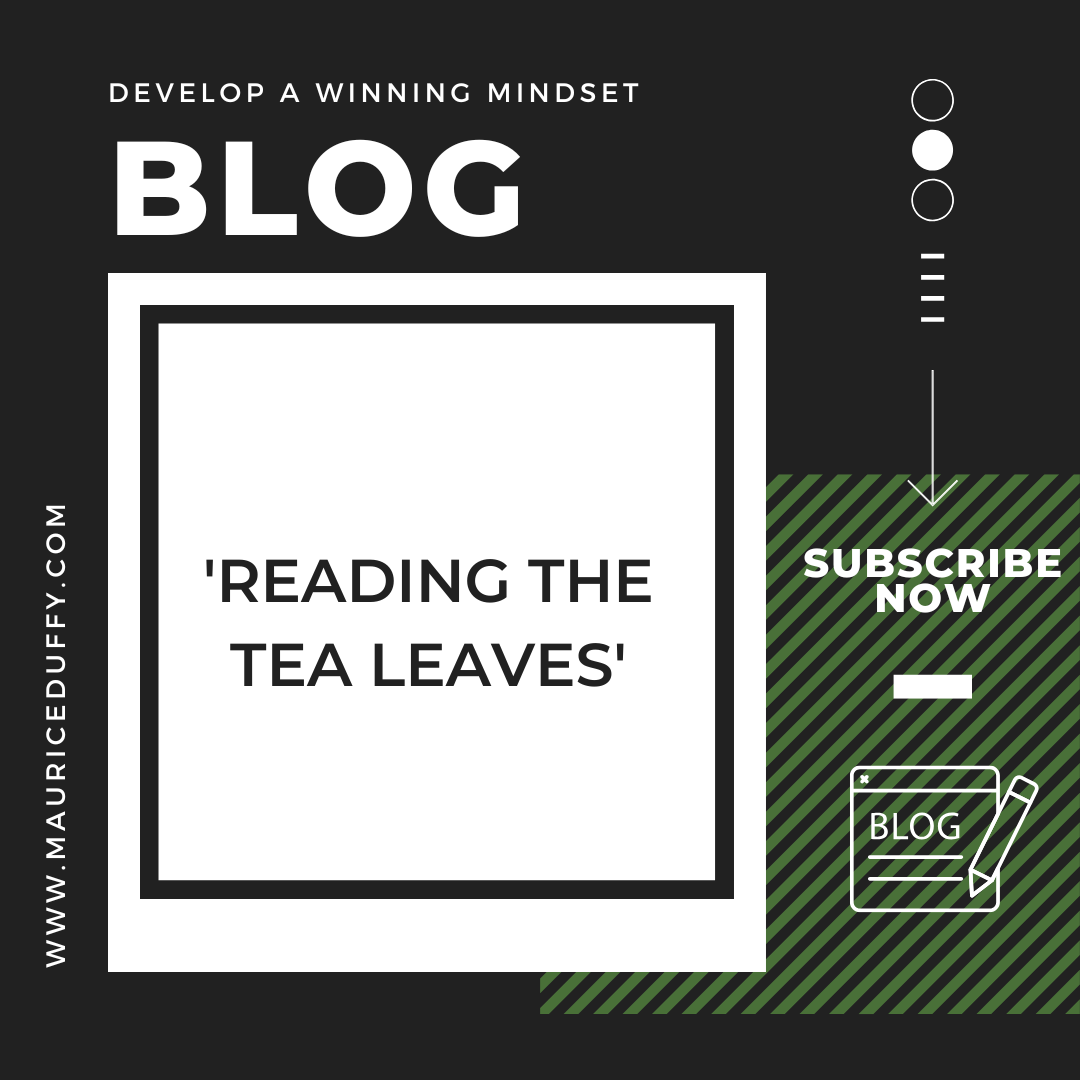Worry Not
A recent YouGov survey showed that 55 percent of people were worried that the relentless cost of living increases have negatively impacted their health. Life is challenging enough for many already without this additional burden. It feels like we have just jumped out of the pan, only to fall straight into the fire as the cost of living crisis looms large just as they threat of Covid-19 appears to have abated.
This crisis is already having a sharp impact on people’s mental health and wellbeing. The NHS has stated the UK is facing a ‘humanitarian crisis’. This was amplified by what a friend said to me this week.
‘I feel as if what is happening around me is something which I have no control over. I am on a fixed pension which is a struggle at the best of times, but allows me, if I am diligent, to save and get some things for the grandkids. Now I am going to have to cut off the heating for most of the winter to feed myself, and will have nothing for the grandkids. I am going to have to choose between food and heat.’
So, what can we do to make things seem better?
Sometimes, the worst place you can be is in your own head. Worry is like a rocking chair: it gives you something to do but never gets you anywhere, and whilst we cannot always control what goes on outside, we can always control what goes on inside. When I think about all of the worries people constantly fret about, I remember the story of the old man who said on his deathbed that he had had a lot of trouble in his life, most of which had never happened.
Anxiety does not empty tomorrow of its sorrows, but only empties today of its strength
A small amount of anxiety is not bad for us – but when you are in a continuous cycle of it, it can become overwhelming.
Our anxiety was born in the very same moment as we were, and we will have to learn to live with it. Constant worries around your income and rising living costs might be making your body react in a fight or flight response, where you are trying to fight a perceived threat that you cannot control. The first step to understanding how you are feeling is to recognise if your money fears are negatively impacting your mental and/or physical health.
People with anxiety do not have a train of thought, they have 10 trains running on five tracks that narrowly avoid each other when paths cross, and all the conductors are screaming. This leads to high levels of anxiety. Anxiety does not empty tomorrow of its sorrows, but only empties today of its strength.
Clock what you are feeling. Have you noticed any changes in your body, like headaches, an upset stomach, or trouble breathing? Or your mood or routines have been affected – are you sleeping too much, or not enough? Or becoming frustrated and irritated with conversations at home or work? Are you always in an on-the-go headspace without being able to rest?
Then… breathe. Slow breathing is like an anchor in the midst of an emotional storm. The anchor will not make the storm go away, but it will hold you steady until it passes.
Open up. Another very effective technique is to talk to someone you like and trust. Opening up about struggling with the rise in living costs is not easy, even with others who may be in the same position. We live in a society that tiptoes around conversations to do with money and what support people can seek when they need it. Talking to nice, empathetic people keeps your mind off of your symptoms, and the supportive nature of friends and family gives you an added boost of confidence.
Try aerobic activity. During periods of anxiety, your body is filled with adrenaline. Exercise has many advantages for controlling symptoms of anxiety. Exercise burns away stress hormones that create anxiety symptoms; tires your muscles (reducing excess energy and tension); releases endorphins in your brain which can improve overall mood; is linked to healthier breathing and is a healthy distraction.
Draw on past experience. When money anxieties get on top of us, it is all too easy to let go of doing day-to-day or care tasks. It can be tough to put something like a budget into practice when you may have unexpected costs on top of bills, rent or a mortgage. You may also need a different type of financial support. Do reach out to professional advisory organisations such as National Debt line or Shelter for paying rent/mortgage; for paying other bills, Stepchange or Citizens Advice can help.
If you need someone to talk to about your mental health or suicidal feelings, you can reach out to fantastic support organisations such as Samaritans.
Find moments of joy. Finding moments of joy within a tough time of survival can be really important. I want you to do a little self health care every day. I need you to love you a little bit harder today.
Tell yourself: I will breathe. I will think of solutions. I will not let my worry control me. I will not let my stress level break me. I will simply breathe. And it will be okay because I do not quit.










